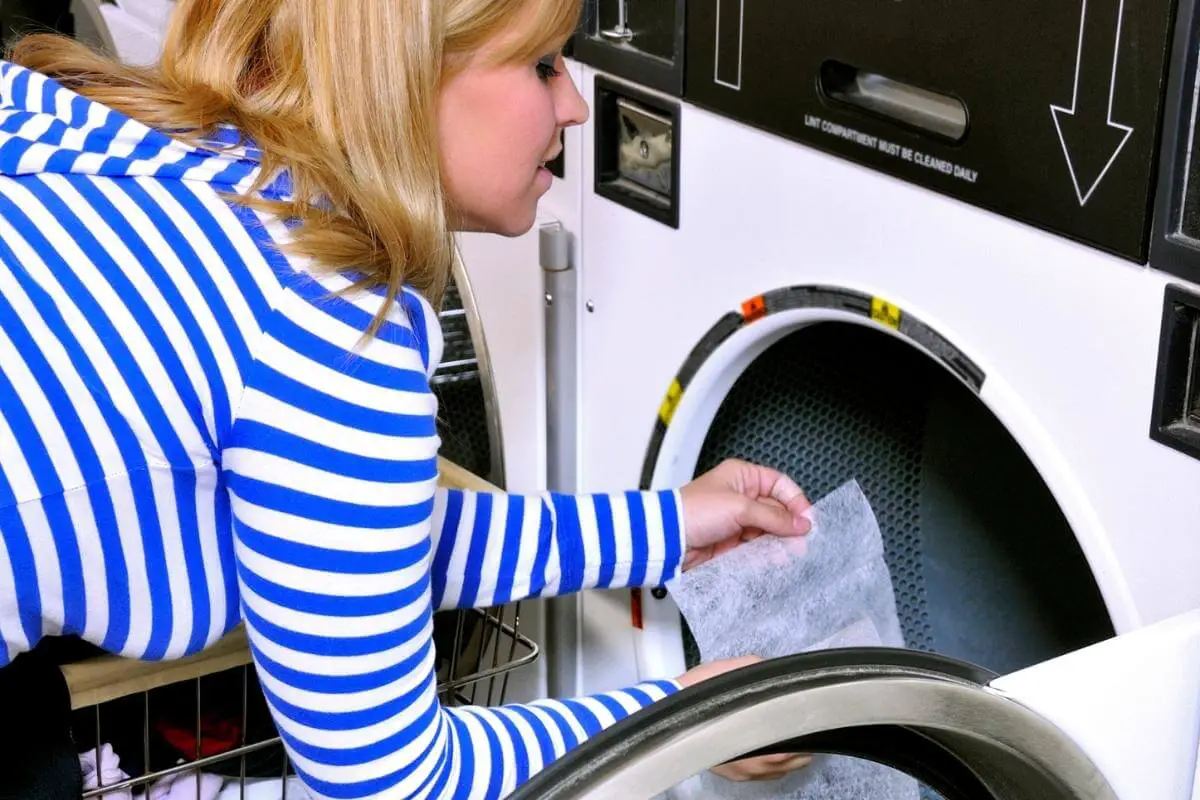One of the best way to recycle organic waste is to throw it onto a compost heap.
As a result, a lot of people wonder whether they can compost general household items.
This includes dryer sheets.
So, can you compost dryer sheets? The answer is no.
You cannot put dryer sheets in the compost. This is because they are often made of synthetic materials. This won’t break down in the compost heap. In fact, they may end up doing more harm than good.
Don’t worry, though. There are some things that you will be able to compost.
We are going to give you ten of them on this page, as well as three that you probably shouldn’t be putting anywhere near that compost heap.
Items You Can Compost
Let’s start with ten items that you should have no problems placing into your compost heap.
Although, do bear in mind that some of these items may take a little bit longer to break down.
Clothing, for instance, may take a year or two, even with the most well-managed of compost heaps.
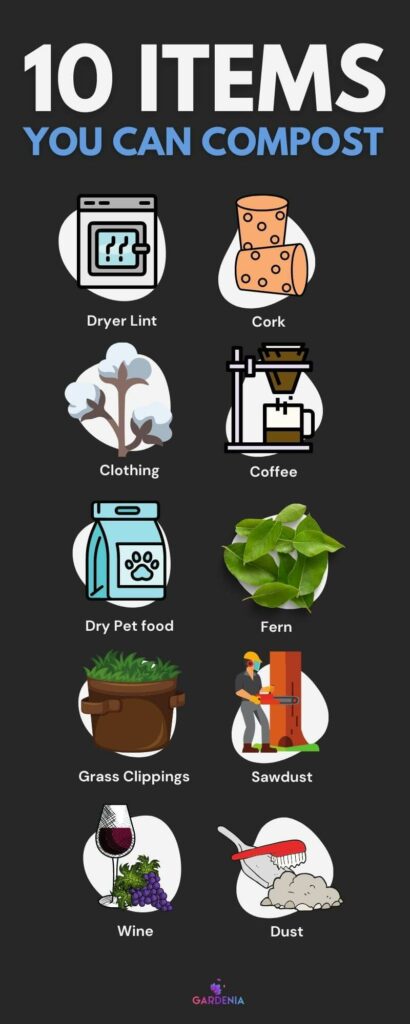
Dryer lint
While you won’t be able to compost your dryer sheets, you will still be able to compost something that comes out of the dryer.
This will be the lint that you have to clear out every so often.
Do bear in mind that you are only going to be able to compost the dryer lint if you have not used dryer sheets.
This is because when you dry, those dryer sheets will break down a little.
This will release perfumes and unrecyclable items into your lint.
Cork
Got cork from old wine bottles or boards?
Well, you will be able to recycle them. They take a while to break down, but it will happen eventually.
The one thing that you need to be wary of when it comes to cork is that some cork is not recyclable.
Take a Closer Look: It has to be pure cork. This means no plastic layering or any coloring. If that happens, then you will have no choice but to toss the cork in the standard trash.
Certain Items of Clothing
Some items of clothing can be recycled.
However, these items must be made from 100% natural fibers.
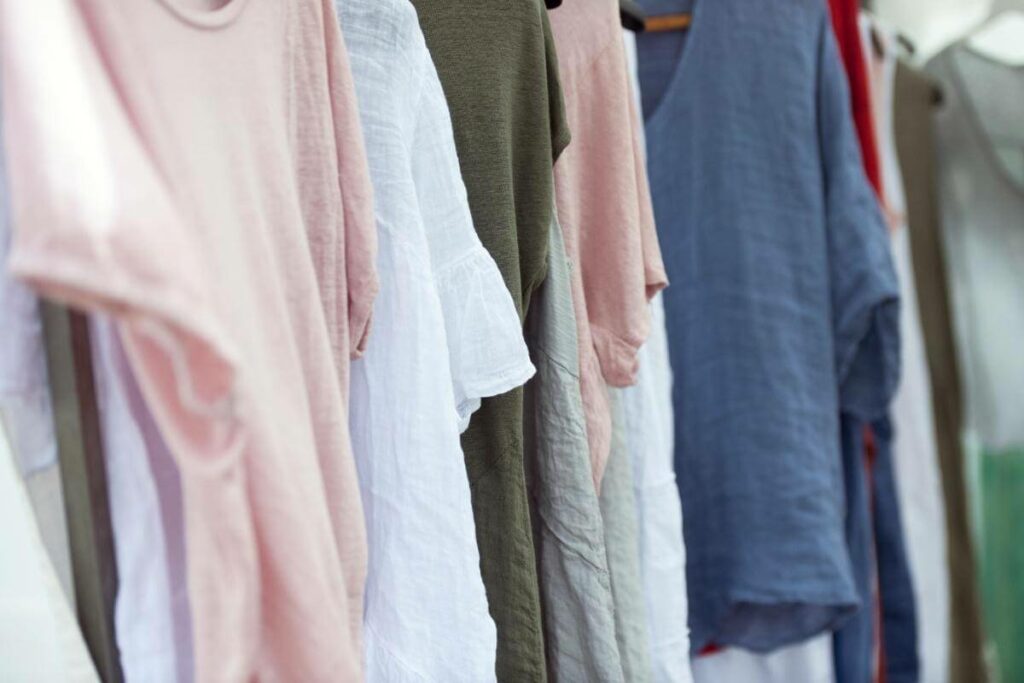
So, any of the following will be fine:
- Hemp
- Linen
- Silk
- Wool
- Cotton
Make sure that the label for the clothing says that it is pure natural fibers.
If there are any stains on the clothing, then it may make it unrecyclable. This generally happens if the stains come from meat products.
Coffee Grounds and Coffee Filters
Both your old coffee grounds and your coffee filters can be placed straight into the compost bin.
They will break down incredibly easily.
In many cases, the coffee grounds can actually make the compost bin smell a little bit nicer.
We know that there are some people out there that actually use composting toilets, and old coffee grounds will be one of the best ways to give that composting toilet a fresher, natural scent.
Dry Pet Food
In most cases, you cannot recycle items made from animal products.
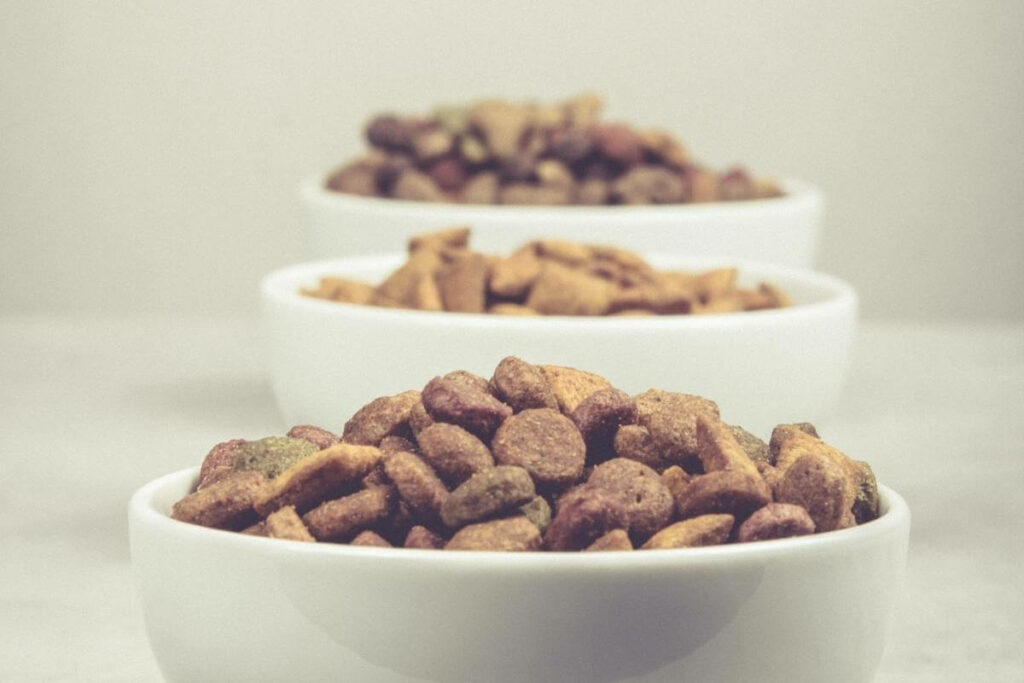
However, there is an exception for dry pet food as it doesn’t have all the bacteria that you will have kicking around fresh meat products.
You cannot recycle wet food. Just dry food.
As with most dry products, the dry pet food is probably going to take a little bit of time to break down.
However, it is going to be a nice resource for that compost heap, and once it starts to break down, it can really help with the rest of the composting.
Leaves
Got some leaves kicking around your garden?
Rather than filling up a bag and taking them to your local trash center, why not put them on the compost heap?
Leaves will break down incredibly quickly on the compost heap.
They are also packed to the brim with nutrients that not only can increase the rate at which things decompose in the compost but can also have a huge impact on plant growth if you are planning on using the compost as a fertilizer.
Grass Clippings
Grass clipping work just as well as leaves.
They break down incredibly quickly, and chances are that you are going to have a lot of grass clippings around your garden that you can compost.
We wouldn’t be surprised if it took only a few weeks for the grass clippings to disappear, particularly if you already have a compost heap on the go.
Sawdust
Sawdust is great for composting too.
However, you will want to make sure that the sawdust does not have any varnish or staining on it. If it does, then you are going to need to throw it in the standard trash.
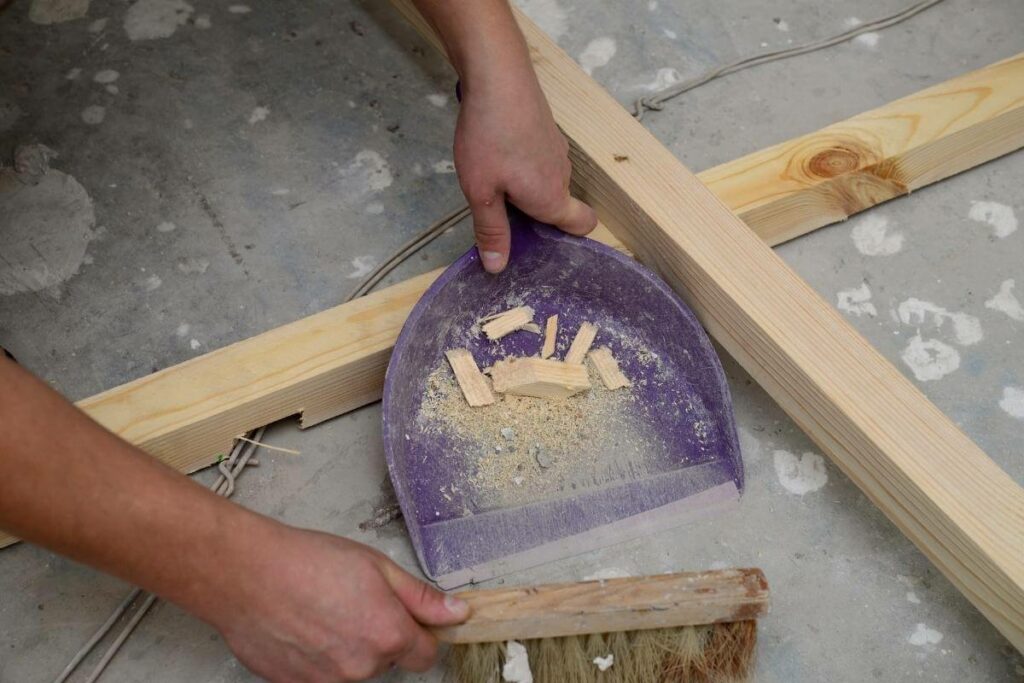
If you have pets that use sawdust as bedding, then you will also be able to recycle that sawdust.
Watch Out: However, you will want to remove anything that has come into contact with the animal’s poop or urine. That is something that should never, ever be placed into a compost heap. It is filled with awful bacteria.
Wine
This is one of those things that you can compost which surprises many people.
If you have old wine kicking around your home, then feel free to pour it into the compost heap.
It is great fuel for decomposition. Of course, wine is made of 100% natural ingredients, which means that it breaks down incredibly easily.
Beer can also be added to the compost heap.
Dust from Your Home
Finally, you can also put dust from your home on the compost heap.
This means emptying the vacuum cleaner or dustpan directly into the compost heap.
The one time that you cannot do this is if you have pets.
The pet hair will not break down properly in the compost heap, and it could potentially introduce bacteria that will kill the heap off.
Things That You Cannot Compost
Let’s round off with three things that should never go anywhere near a compost heap.
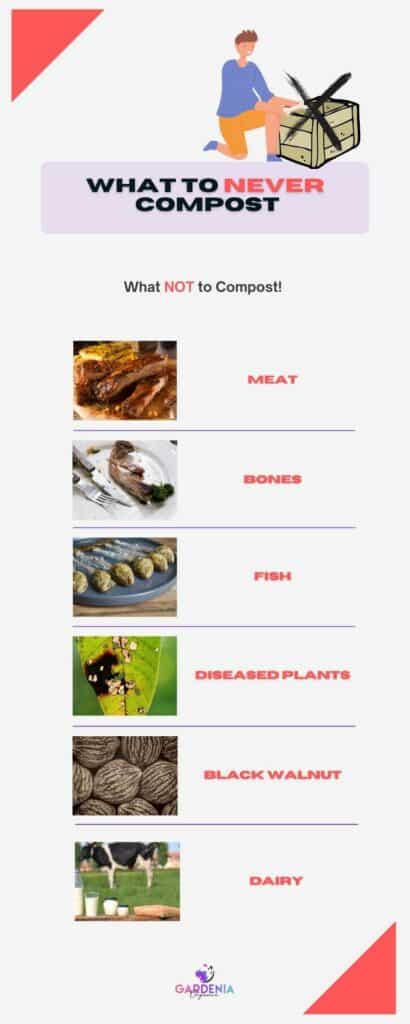
Animal Food Scraps
Animal food scraps (this means both meat and fish products) will break down easily if you tried to compost them.
However, you would never want to try to compost them.
If you throw animal scraps into the compost, then you have two problems.
The first is that they are going to attract animals. Those animals will get into your compost bin and throw everything everywhere. This is just going to make a mess of the area.
The second is that animal scraps have various pathogens in them. These can survive in the compost.
This means that when you do use the compost for planting things, the pathogens will stick around, killing the plants.
Dairy
Dairy products (milk, cheese, yogurt, etc.) have the same problem as animal food scraps.
They should never be anywhere near a compost heap.
Diseased Plants
As we said before, you can recycle organic matter from your garden e.g. plants, leaves, and grass clippings.
You should never recycle any plant that is diseased or has become infested with insects, though.
This is because the compost heap likely isn’t going to kill off the diseases or the pests.
This means that when you do end up using the compost to plant things, those diseases and pests are going to taint the soil.
Be Careful: We have seen entire flower and plant beds killed off because people decided that they wanted to try to compost diseased plants, so please avoid doing it!
Conclusion
Remembering what to compost shouldn’t be too difficult.
If something is natural, then you can probably compost it. The one exception would be animal products.
If something is synthetic e.g. plastic, then look into other ways that you can recycle it. It won’t break down on the compost heap.
Also Helpful
- Compost Tea Feeding Schedule: How Often Should You Feed Your Plants?
- Where to Place a Compost Tumbler?
- Compost Tumbler Not Heating Up? Why and Solutions
